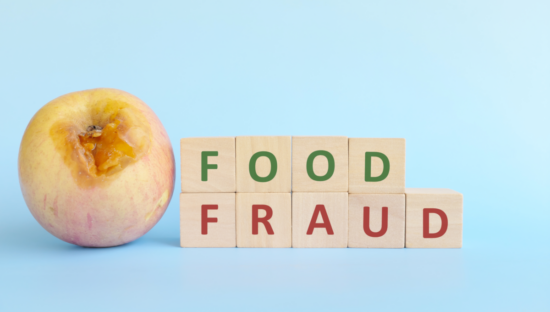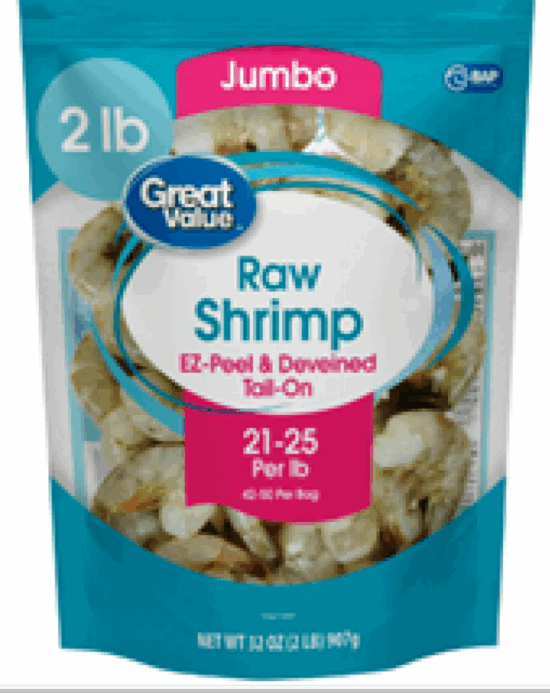The latest report on food fraud in Europe has been released and includes suspected cases of adulteration and problems with traceability. Such fraud can lead to food safety issues.
There were 136 reports in July, down from 164 in June 2025 but up from 129 in May.
Issues listed are potential frauds. Non-compliances may lead to investigations by authorities in EU member states. Details come from a monthly report published by the European Commission.
Data includes suspected cross-border fraud topics shared between members of the Alert and Cooperation Network (ACN).
A total of 39 reports mentioned dietetic foods, food supplements, and fortified foods. Second was confectionery with 14 notices while non-alcoholic beverages were third with eight.
The majority of issues were uncovered through market controls. On seven occasions, the method of detection was a company’s internal inspection and a dozen times it was a consumer complaint. One problem was detected following whistleblower information.
July highlights
Four alerts involved the United States in July. They included benzoic acid in soft drinks, THC in biscuits, and ingredients in supplements not authorized in Europe.
Examples of additives not compliant with EU maximum limits were sulfites in shrimp from India and sodium nitrate in a meat product from Bulgaria.
Adulteration cases involved other oils in extra virgin olive oil and virgin olive oil from Greece and Lebanon. There was a suspicion of document forgery for honey from China.
Rhodamine B was reported in curry powder from India. Sudan dyes were found in a spice mix from Uzbekistan and sumac from Egypt.
Record tampering incidents included a missing producer code on eggs from Ukraine. There was an origin mismatch between the invoice and labeling on mackerel from the UK. In another case, the animal species was not mentioned in mechanically separated meat.
One notification mentioned horse meat. An identification number previously assigned to a dead animal was duplicated.
There was an alleged unapproved use of another company’s approval number for salmon fillets in Bulgaria. In Germany, there was an unauthorized operator producing yogurt drinks. Infant formula was sold on a second-hand online marketplace in Lithuania.
Several non-compliances listed ingredients not authorized in the EU, items skipping border controls, as well as residues of veterinary medicines and pesticides above the maximum residue limits (MRL).
(To sign up for a free subscription to Food Safety News, click here)



